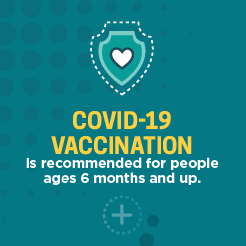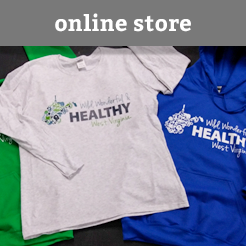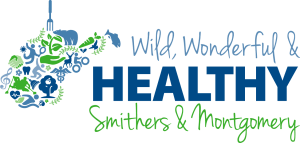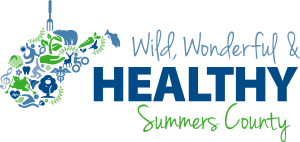Over the past year, Wild, Wonderful and Healthy Charleston West Side has worked to develop and implement our Community Health Improvement Plan (CHIP), in order to achieve our vision for the Charleston Westside. We hope to positively impact the West Side, creating a community where diversity not only thrives, but all residents can live in prosperity and good health.
A CHIP is a 3-5 year strategic plan that focuses on vital conditions, as well as identification of priority issues in order to strengthen a community in these areas. A CHIP is used to outline the strategies that will be used to successfully achieve our community health improvement goals. Read on to learn all about our CHIP, how we plan to use it, and what our next steps are with our 2023 Annual Action Plan.
In order to understand our CHIP and how it works, you must first familiarize yourself with the 7 Vital Conditions for Community Health and Well-Being Framework. The 7 Vital Conditions serve as a Model for Change, and refers to social determinants of health, which includes:
- Basic Needs for Health and Safety
- Meaningful Work and Wealth
- Humane Housing
- Reliable Transportation
- A Thriving Natural World
- Life Long Learning
- Belonging and Civic Muscle
We are following this framework to aid our community in identifying priority issues and conceptualizing well-being in order to improve the conditions in the Charleston West Side. This framework allows us to take a collaborative, cross-sector approach to community improvement so that we can best gauge where and how to invest in our community.
Life Long Learning is the vital condition that we have chosen to focus our efforts on. Life Long Learning is about providing a good education that ensures all people, regardless of age, background, or ability, are set up for success, and have the opportunities to reach their full potential. We are working to ensure that our community members are provided a pathway to both career and college by engaging resources beyond school.
West Virginia has suffered from generations of poverty and disinvestment, resulting in educational disparities. Reports about poor math and reading scores among WV students, as well as reports on high rates of school discipline such as suspension have helped policymakers focus on state K-12 education. These issues are even more prevalent in Charleston West Side as compared to the rest of Charleston. In order to address low performance in our school systems, our communities must consider the underlying cause including access to affordable housing and reliable transportation, opioid use, chronic diseases, food insecurity, and more.
To develop our CHIP for Life Long Learning, we engaged teachers, parents, and all members of our community who desire the same goal—to get great outcomes for our kids, young adults, adults, and all who live and work in Charleston Westside. We listened to these individuals throughout our planning process and gained an understanding of the successes and challenges that they experience.
Using existing assets in Charleston Westside as our foundation, we are working diligently and collaboratively to confront our challenges. We have explored strategies we can use to work together as a community to support our youth and families on their journeys to technical schools or higher education and prepare for careers that create generational wealth and support a greater quality of life. We are identifying goals and sustainable solutions to combat these challenges in order to make a healthier Charleston West Side.
Our Life Long Learning CHIP is designed to serve as a broad, strategic framework for Charleston Westside community health and economic improvement. Our team has developed this plan to engage multiple perspectives and voices. This will not be an easy task and this plan is not exhaustive. However, we must start somewhere.
You might be wondering, what are the next steps for our Life Long Learning Task Force? Next, we will utilize our 2023 Annual Action Plan, which includes evidence-based strategies focused on system and/or policy change, target specific groups, and/or specify infrastructure improvements in order to support individual, familial, and community change over time. Check out our next blog to understand our goals, objectives, and strategies to tackle these issues and improve the health of our Charleston West Side community.

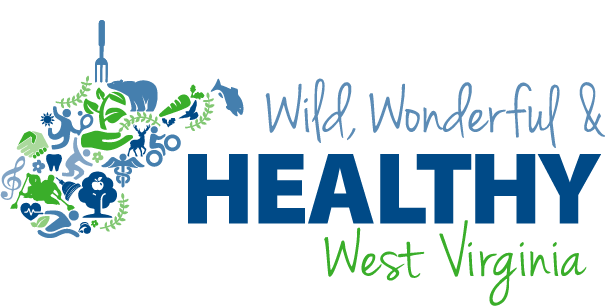 A Program of:
A Program of: